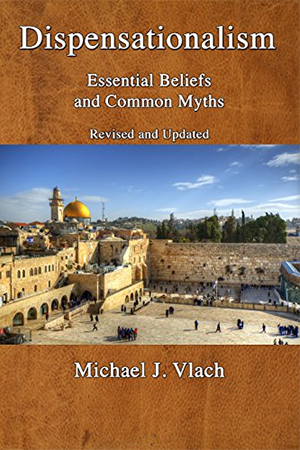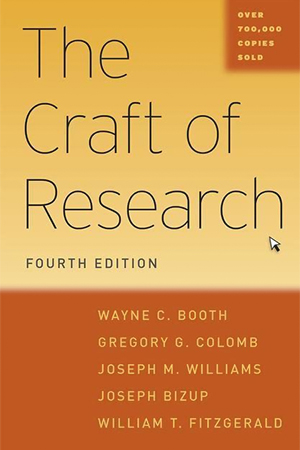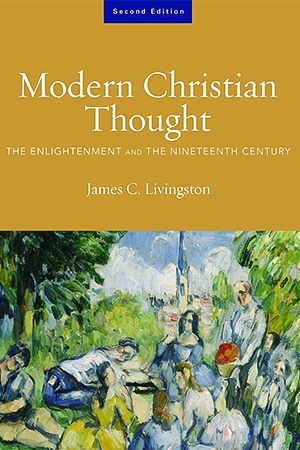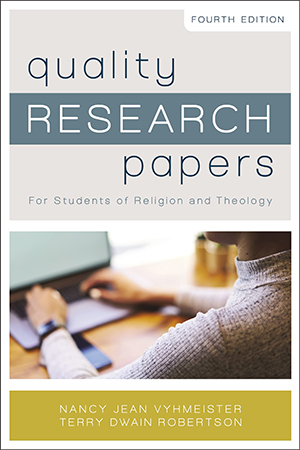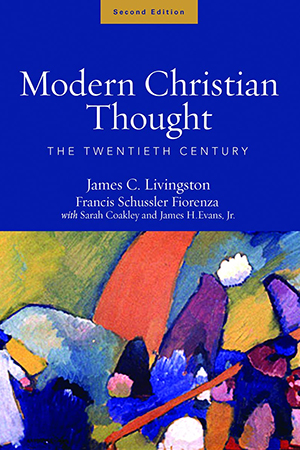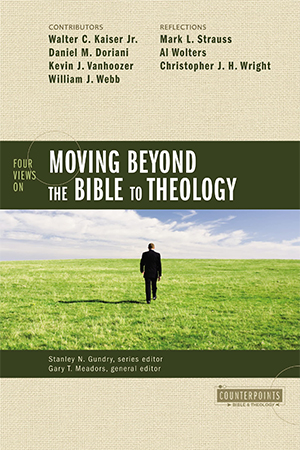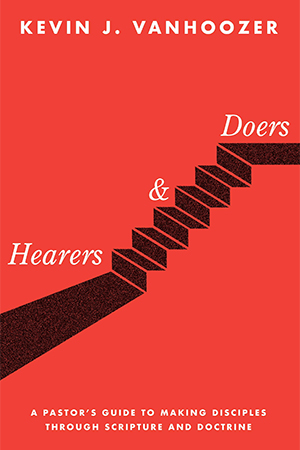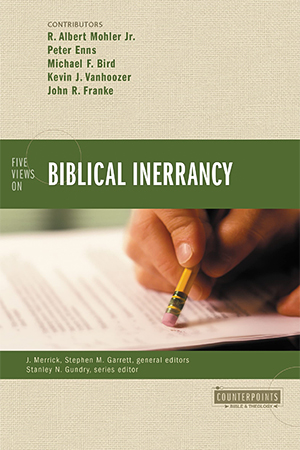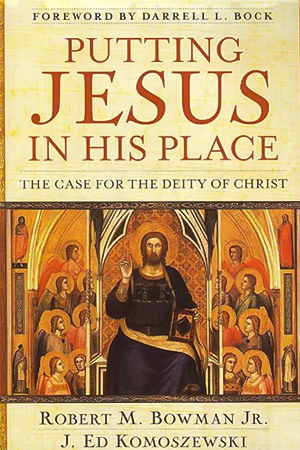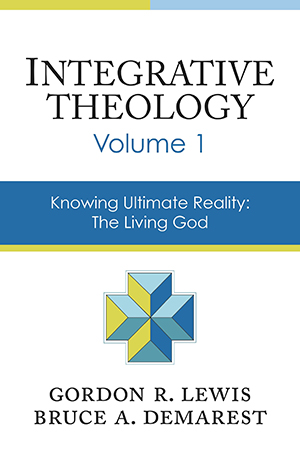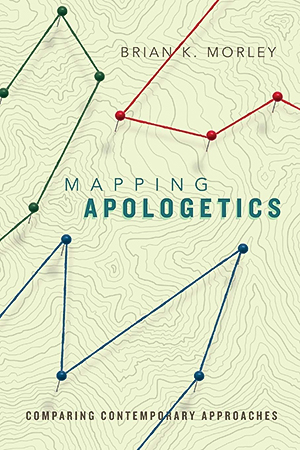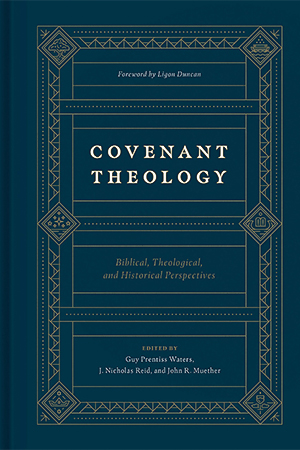
Title: Covenant Theology: Biblical, Theological, and Historical Perspectives
Series: Theology
Release Date: October 27, 2020
Contributors: Guy Prentiss Waters (Editor)
Genre: Academic
Pages: 672
ISBN13: 978-1433560033
"Covenant theology sets the gospel in the context of God's eternal plan of communion with his people and its historical outworking in the covenants of works and grace."
―Ligon Duncan
Just as two bookends hold together a row of books, the covenant of works and the covenant of grace hold together the storyline of Scripture. Join a host of twenty-six scholars, including O. Palmer Robertson, Michael J. Kruger, and Scott R. Swain, as they explore how the concept of covenant is clearly taught in Scripture and how it lays the foundation for other doctrines of salvation. This monumental work is Trinitarian, eschatological, historical, confessional, and practical, presenting readers with a great hope and consolation: the covenant-making God is a covenant-keeping God.
Contributors
Guy Prentiss Waters (Editor), J. Nicholas Reid (Editor), John R. Muether (Editor), Kevin DeYoung (Afterword), Ligon Duncan (Foreword), Miles V. Van Pelt (Contributor), John D. Wilson (Contributor), Michael J. Kruger (Contributor), O. Palmer Robertson (Contributor), Richard Belcher (Contributor), John Scott Redd (Contributor), Guy Richard (Contributor), John D. Currid (Contributor), Michael G. McKelvey (Contributor), Robert Cara (Contributor), Greg Lanier (Contributor), Douglas Kelly (Contributor), Howard Griffth (Contributor), D. Blair Smith (Contributor), Bruce Baugus (Contributor), Mark McDowell (Contributor), Michael Allen (Contributor), Peter Y. Lee (Contributor), Benjamin L. Gladd (Contributor), Michael Glodo (Contributor), Scott Swain (Contributor), Derek Thomas (Contributor)
Review
“It has been said that Reformed theology is covenant theology, for covenant is not merely a doctrine or theme in the Bible but is the principle that structures all its revelation. Robert Rollock said, ‘God speaks nothing to man without the covenant.’ Therefore, it is a delight to see this amazing scholarly collaboration by the faculty of Reformed Theological Seminary, which will surely prove to be a sourcebook for future studies of Reformed covenant theology. Here is a gold mine of biblical and historical studies by trusted pastor-theologians of Christ’s church.”
―Joel R. Beeke, President and Professor of Systematic Theology and Homiletics, Puritan Reformed Theological Seminary; author, Reformed Preaching; coauthor, Reformed Systematic Theology
“The revived interest in covenant theology has sparked rich insights and lively debate. Representing a variety of views and specialties, and united by biblical fidelity and rigorous scholarship, Covenant Theology is a very impressive and welcome collection.”
―Michael Horton, J. Gresham Machen Professor of Systematic Theology and Apologetics, Westminster Seminary California
“Covenant Theology is a gift to the church, a grand account of covenant in Scripture and in Christian theology. This work is scholarly and readable, rigorous and complete. Every chapter is thorough, whether it gathers data on familiar themes or explores new territory. The contributors and editors have presented a resource that pastors and scholars will draw from for many years.”
―Daniel Doriani, Vice President at Large and Professor of Biblical and Systematic Theology, Covenant Theological Seminary
“This rich and learned compendium updates and extends our understanding of God’s initiative in, and manner of performing, his signature saving work. With thirteen chapters on covenant and covenants in the Bible, seven on covenant in Christian thought up to today, and seven on topics like covenant in contemporary New Testament scholarship, dispensationalism, and ‘new covenant theologies,’ no significant stone is left unturned. From Ligon Duncan’s foreword to Kevin DeYoung’s meaty homiletical summation at the end, this volume artfully defines a nonnegotiable Christian teaching and reaffirms its centrality. The annotated bibliography offers an invaluable listing of covenant studies in (and in some cases against) the Reformed tradition over many centuries. These important essays by a distinguished seminary faculty are a lasting gift to scholarship as well as to the church.”
―Robert W. Yarbrough, Professor of New Testament, Covenant Theological Seminary
“Breathtaking! I don’t know of any work that has the diversity and scope of Covenant Theology. Every aspect of the covenant doctrine receives attention from the book’s contributors. Each chapter is an urgent invitation. The covenant doctrine is analyzed here with unquestionable scholarship and inalienable commitment to Scripture and Reformed theology. Starting with the exegesis of biblical material, going through the historical development of the theme in the church, contrasting and comparing it with extrabiblical material, and analyzing the concept of the covenant in modern theology, this book offers the most comprehensive exposition of the covenant doctrine available today.”
―Augustus Nicodemus Lopes, Assistant Pastor, First Presbyterian Church, Recife, Brazil; Vice President, Supreme Council, Presbyterian Church of Brazil
“If covenant is the Bible’s word for God’s relationship with his people, what could be more important than thinking deeply and clearly about covenant theology? This volume is a sure guide to the covenantal thinking that underpins so much of pastoral ministry. Bringing rigorous exegesis into conversation with historic perspectives and modern debates, it is a remarkably comprehensive and thorough work that will help any preacher or student of Scripture.”
―Jonty Rhodes, Minister, Christ Church Central Leeds, UK; author, Covenants Made Simple and Man of Sorrows, King of Glory
“In the history of Reformed theology, the biblical teaching of the triune God’s sovereign initiative to enter into covenant union and communion with his people, before and after the fall into sin, has been a central focus, and some say it even defines Reformed theology. For this reason, the contributors to this comprehensive volume, which treats the topic of the covenant or covenants in biblical, historical, and systematic perspectives, provide a wonderful overview of Reformed theology’s engagement with Scripture’s teaching. Encyclopedic in scope, balanced in tone and temper, sensitive to diversity of expression and formulation―this volume is a model of theological study and an indispensable resource for anyone who has interest in exploring the scriptural witness to God’s covenant.”
―Cornelis P. Venema, President and Professor of Doctrinal Studies, Mid-America Reformed Seminary; author, Christ and Covenant Theology and Chosen in Christ
“I rarely use the term magisterial of any book, but this one deserves it. The faculty of Reformed Theological Seminary have produced an outstanding volume on the biblical doctrine of the covenant. The opening section is marked by superb exegetical studies that ground the whole book in Scripture. The historical section that follows presents material (such as the use of covenant in the early church and the medieval period) that is not otherwise easily accessible. Later sections bring the discussions right up to the present time and interact with modern exponents and critics of covenantal theology. This is the volume to which those inquiring into the biblical idea of covenant should be pointed, and its presentation will instruct and challenge, while its annotated bibliography of modern studies will lead to many other sources. Everyone seriously pursuing an interest in this central biblical theme must have this book.”
―Allan Harman, Research Professor, Presbyterian Theological College, Australia; coauthor, The Story of the Church
About the Author
Guy Prentiss Waters (PhD, Duke University) is James M. Baird Jr. Professor of New Testament and academic dean at Reformed Theological Seminary, Jackson. He is the author or editor of fifteen books and numerous chapters, articles, and reviews. He is a teaching elder in the Presbyterian Church in America (PCA).
J. Nicholas Reid (DPhil, University College, University of Oxford) is associate professor of Old Testament and ancient Near Eastern studies, as well as the director of the hybrid MDiv program at Reformed Theological Seminary, Orlando. He is also a contributor to the Cuneiform Digital Library Initiative. Reid and his wife, Blair, live in the greater Orlando area with their four children. He is a member of St Paul’s Presbyterian Church.
John R. Muether (MAR, Westminster Theological Seminary) serves as dean of libraries and professor of church history at Reformed Theological Seminary, Orlando. Muether previously served as librarian at Westminster Theological Seminary in Philadelphia. He has authored and coauthored several books, most notably Cornelius Van Til: Reformed Apologist and Churchman. John and his wife, Kathy, have four children and six grandchildren. He is an elder at Reformation Orthodox Presbyterian Church in Oviedo, Florida.
Ligon Duncan (PhD, University of Edinburgh) is chancellor, CEO, and John E. Richards Professor of Systematic and Historical Theology at Reformed Theological Seminary. He previously served as the senior minister of the historic First Presbyterian Church in Jackson, Mississippi, for seventeen years. He is a cofounder of Together for the Gospel, a senior fellow of the Council on Biblical Manhood and Womanhood, and was the president of the Alliance of Confessing Evangelicals from 2004–2012. Duncan has edited, written, or contributed to numerous books. He and his wife, Anne, have two children and live in Jackson, Mississippi.
Kevin DeYoung (PhD, University of Leicester) is the senior pastor at Christ Covenant Church in Matthews, North Carolina, and associate professor of systematic theology at Reformed Theological Seminary, Charlotte. He has written books for children, adults, and academics, including Just Do Something; Crazy Busy; and The Biggest Story. Kevin and his wife, Trisha, have nine children.
